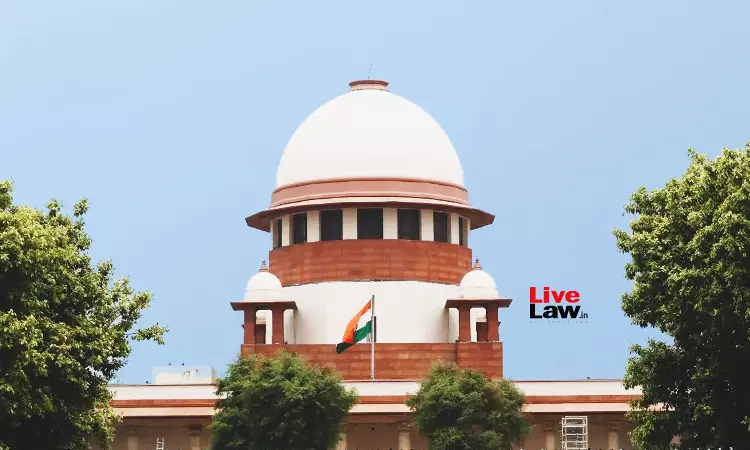Supreme Court Directs NEERI To Define And Classify Non-Polluting Industries With Assistance From CPCB And Experts
Amisha Shrivastava
7 Sept 2024 11:05 AM IST

Next Story
7 Sept 2024 11:05 AM IST
The Supreme Court on Friday (September 6) directed the National Environmental Engineering Research Institute (NEERI) to define and classify non-polluting industries with the assistance of the Central Pollution Control Board (CPCB) and consultation with relevant experts.A bench of Justice Abhay Oka and Justice Augustine George Masih highlighted the critical nature of the task and directed NEERI...
